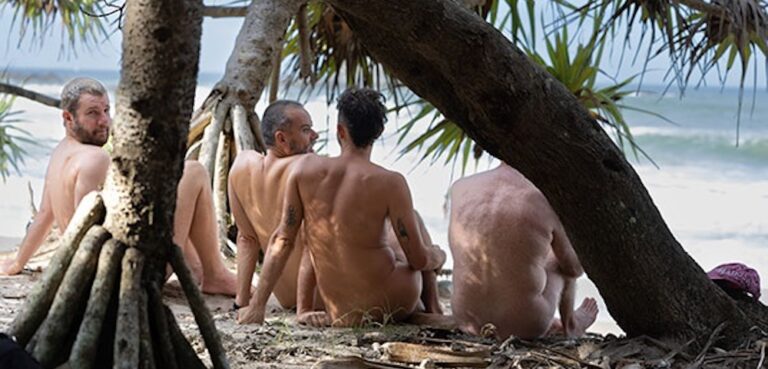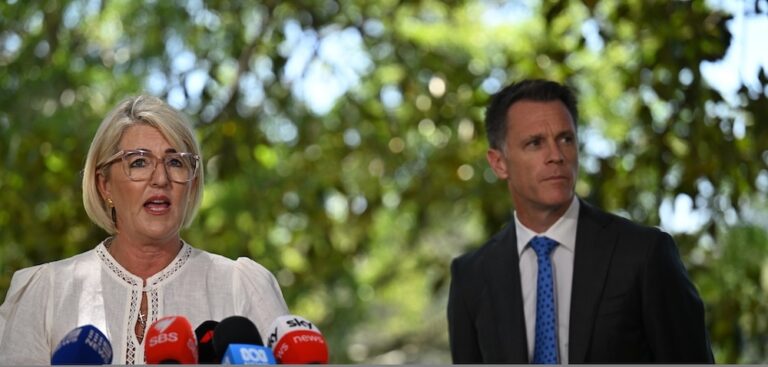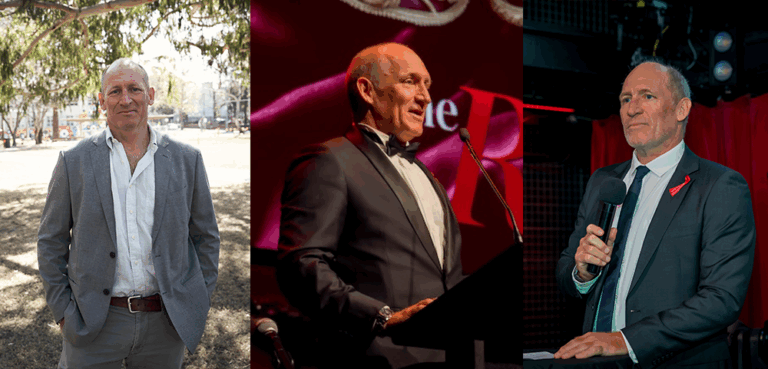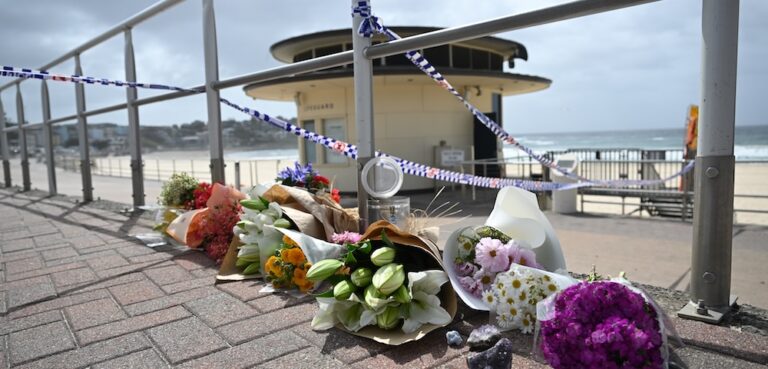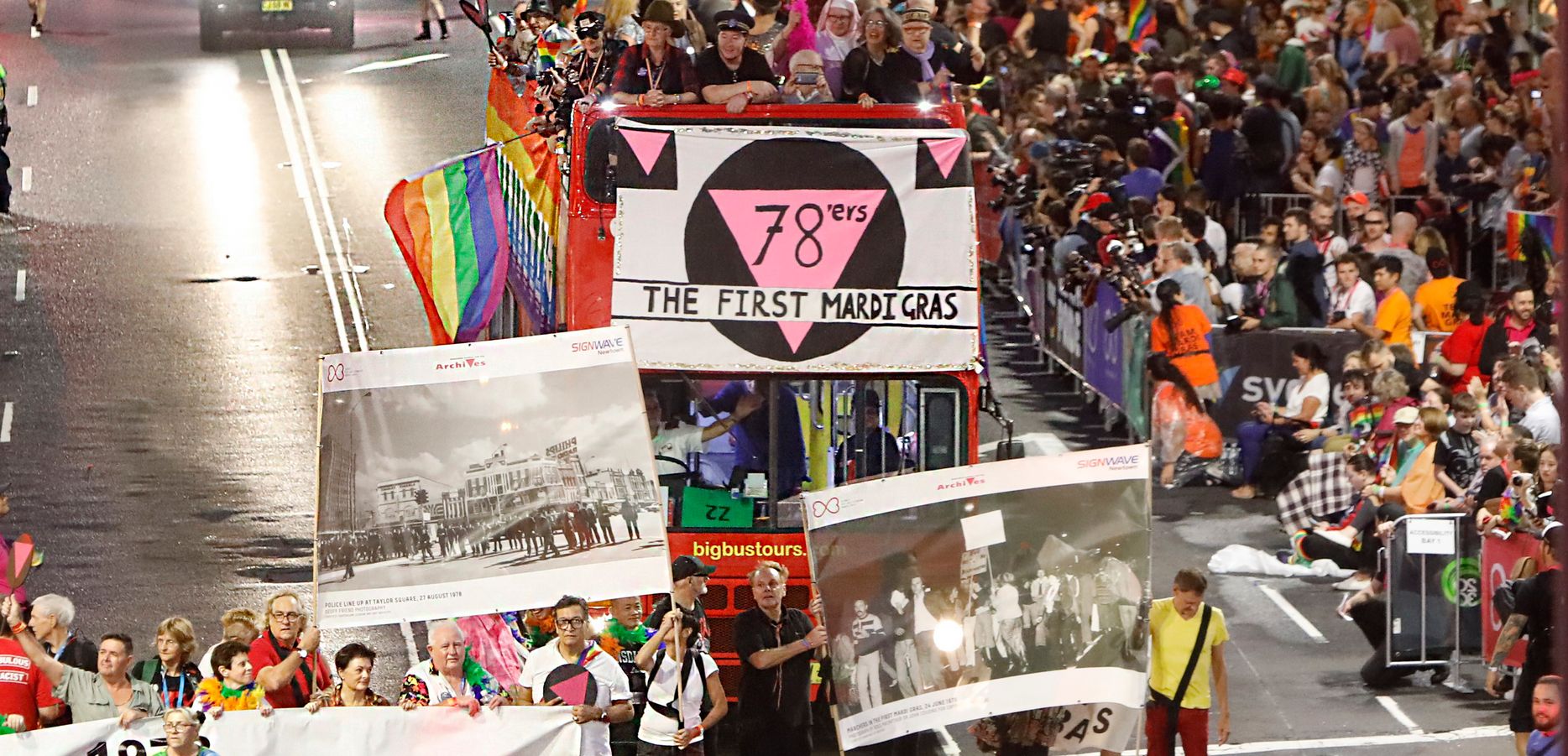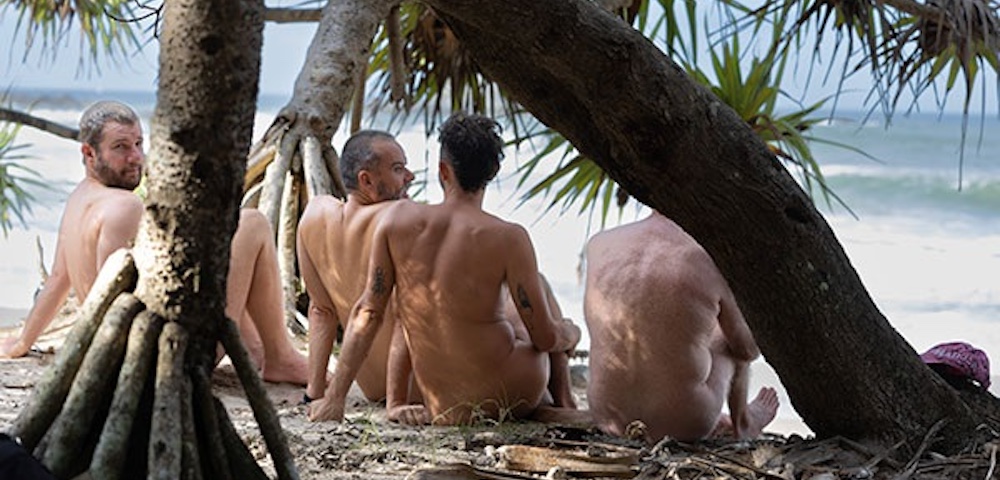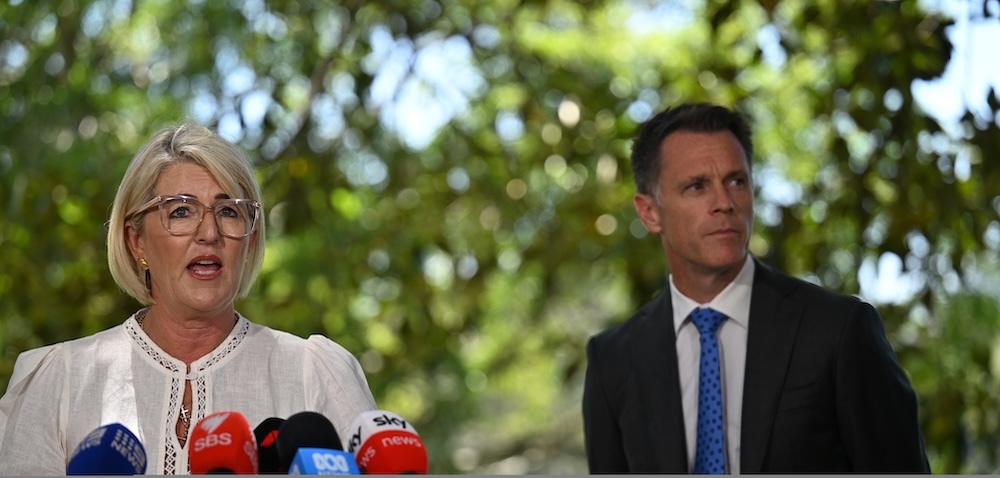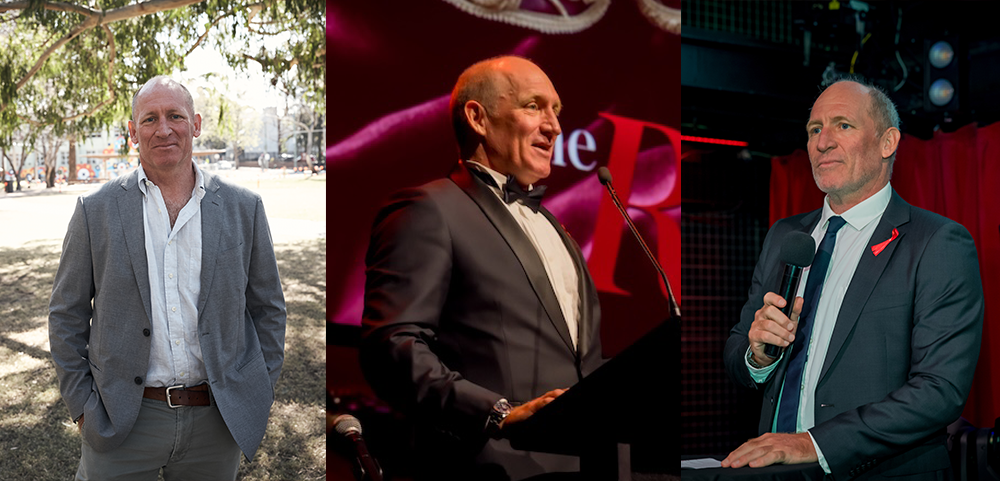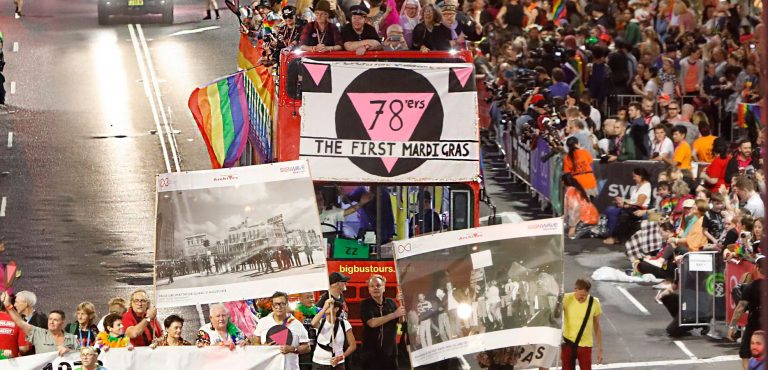
Greg Fisher on the stand
Greg Fisher has always maintained that he couldn’t wait to defend himself in court. This week he had his chance when he took the stand at Sydney’s Downing Centre courts.
In spite of his barrister Stuart Littlemore’s protestations that the jury ought take into account that his client might be understandably nervous -¦ understandably anxious in the witness box, Fisher appeared confident and gave calm and considered answers.
Fisher and his former business partner Jonathan Broster are accused of making improper use of their positions as company officers of the Satellite Group. Fisher is also charged with making a false statement with intent to obtain financial advantage, while Broster is charged with making a false/misleading statement with intent to obtain financial advantage.
The allegations against Fisher and Broster come from an investigation undertaken by the Australian Securities and Investment Commission into the operations of the failed gay publications and property company. This week’s evidence focused on financial dealings between the Satellite Group and Sydney Skytours Pty Ltd, a company which was developing a virtual-reality style tourist attraction for the podium level of Centrepoint Tower in the City.
It was first and foremost a good cash flow investment, Fisher told the court.
But he added that an investment in the Skytours project also brought with it potentially beneficial business connections such as AMP, who manage Centrepoint tower.
Another part of the collateral advantage to Satellite was projected revenue for its gay and lesbian newspapers, Fisher said. He had been assured that a marketing budget would be allocated to the gay and lesbian market when the project became operational.
In evidence this week the court heard that Fisher had authorised a $500,000 payment to Skytours shortly after the successful public float of the Satellite Group. He instructed company financial controller Mary Lou Taylor to record $250,000 of this payment as a loan from the Satellite Group. He told her to account for the other half of the money as two $125,000 directors loans to Mojava and Sojo, companies controlled by himself and his fellow director Jonathan Broster respectively.
Fisher told the court that although half the money was invested through Mojava and Sojo this was solely a risk management strategy to protect the speculative part of the investment. Fisher maintained that any profits on the investment by Mojava and Sojo would have flowed directly to the Satellite Group and that this in turn would have extinguished Mojava and Sojo’s loan obligations.
Fisher told the court that he was solely motivated by the return to the Satellite Group and that he never believed any advantage would flow to Mojava or Sojo.
He told the court that it wasn’t new for Broster and himself to use their personal companies as a way of giving a personal guarantee to back up their investment decisions.
Fisher also told the court that there had been no limit set on his authority to make loans or investments on behalf of the Satellite group.
In other evidence heard last week former Satellite group Chair Kerryn Phelps said that she had had never heard of the Skytour project until after Fisher had left the company.
She also testified that she and other non-executive directors had difficulty trying to get clarification on accounting matters relating to the Satellite group.
We were finding it extremely difficult to get the clarification of those issues [accounting matters]. We were consistently told that there were all sorts of reasons why we couldn’t be given that information, Phelps told the court.
The case continues, with final submissions expected by the end of this week.
